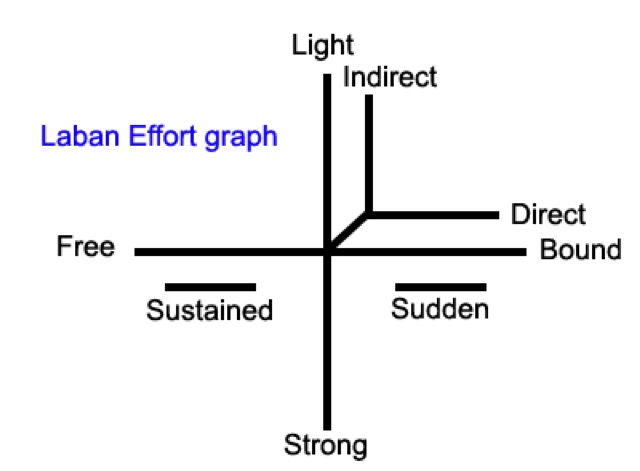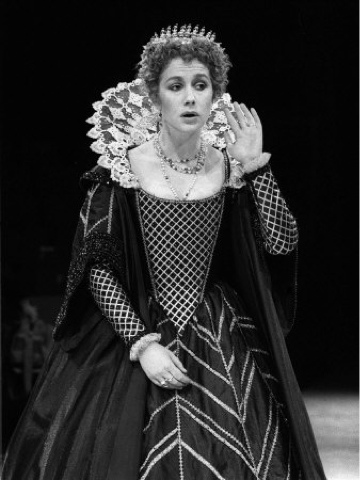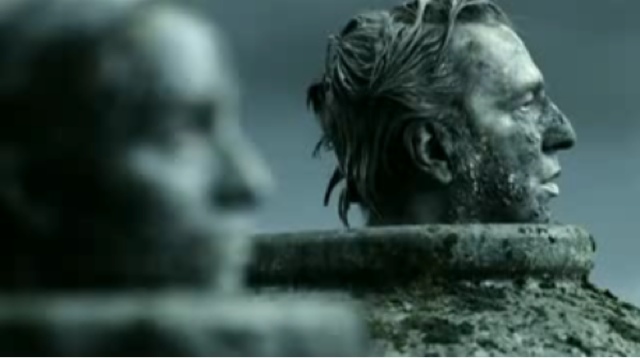I was searching the RADA Library, and was pleasantly surprised to see two Canadian Playwrights in good supply; Judith Thompson, and Michel Tremblay. I always love Thompson's work, and was feeling the need for her words...so picked up Palace Of The End, one of her newer plays.
It consists of 3 monologues, adding up characters on stage, so that even once they are "gone" they remain in view. It builds from images of a young female American Soldier, to a British Scientist, to an older Iraqui woman. We are taken through each of their stories; beginning in the typical poetic, disjointed style Thompson is known for with the American Soldier. The language solidifies more, with bursts of frenzy, but mainly rational sounding debate with the British Scientist. Ths sound is still poetic, broken, but has moved beyond the Thompson one might expect. Finally, the Iraqui woman, whose heartbreaking tale of defiance in the face of tyranny wrenched my gut, is written in beautiful prose. Calm, collected, smooth. The injustice of each person's acts is directly related to the disjunction in their speech.
Thompson always puts her audience in a place of discomfort; not from graphic things happening necessarily, but from the people she creates, and the things they do to one another and those around them. These characters are frighteningly close to people we know and see every day.
This is not an easy play to read, and would be an even harder play to watch. For good reason.
It consists of 3 monologues, adding up characters on stage, so that even once they are "gone" they remain in view. It builds from images of a young female American Soldier, to a British Scientist, to an older Iraqui woman. We are taken through each of their stories; beginning in the typical poetic, disjointed style Thompson is known for with the American Soldier. The language solidifies more, with bursts of frenzy, but mainly rational sounding debate with the British Scientist. Ths sound is still poetic, broken, but has moved beyond the Thompson one might expect. Finally, the Iraqui woman, whose heartbreaking tale of defiance in the face of tyranny wrenched my gut, is written in beautiful prose. Calm, collected, smooth. The injustice of each person's acts is directly related to the disjunction in their speech.
Thompson always puts her audience in a place of discomfort; not from graphic things happening necessarily, but from the people she creates, and the things they do to one another and those around them. These characters are frighteningly close to people we know and see every day.
This is not an easy play to read, and would be an even harder play to watch. For good reason.















